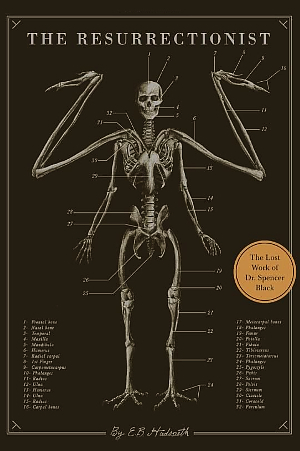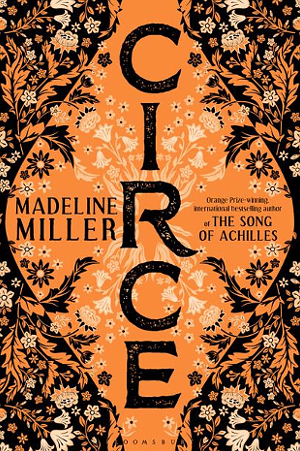Title: With Your Shield or Upon It
Fandom: Captain America: The First Avenger/The Winter Soldier/Civil War, The Avengers
Summary: The world has changed and he has not.
Genre: angst, drama
Characters: Steve, Bucky, Tony
Pairings: gen or Steve/Bucky
Warnings: written shortly after Infinity War.
( Oh, to see what they did to you. It would break your Captain's heart. )  ecstatic
ecstatic








